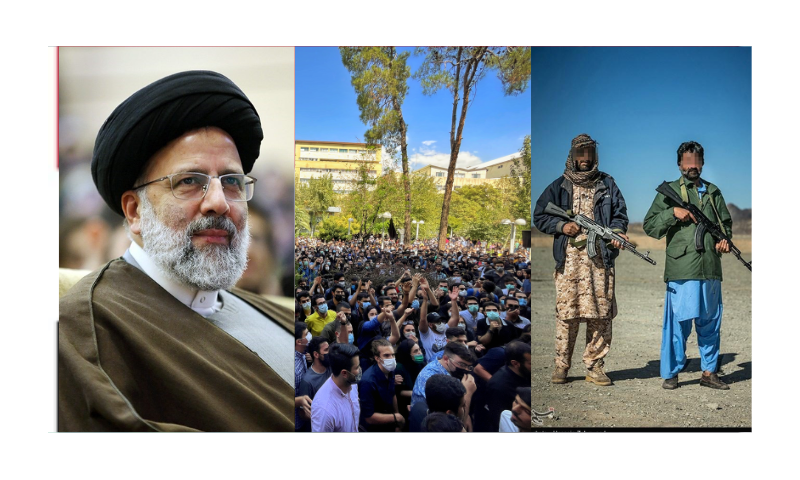Vali Nasr
Foreign Affairs, Feb. 6, 2023
“Iran is seeking to become indispensable to Russia’s war effort in Ukraine.”
Over the past five months, a wave of protests has rocked Iran. Young women calling for an end to the compulsory headscarf have been joined by students, laborers, and professionals demanding individual rights, political reform—and even, increasingly, an end to the Islamic Republic itself. These demonstrations posed the most significant threat to Iran’s government since 1979, fueling speculation that today’s theocratic regime could ultimately go the way of yesterday’s monarchy.
For now, the regime has retained the upper hand, thanks to a harsh crackdown by security forces and a lack of leadership and coordination among the protesters. But popular anger is still mounting, and dire economic conditions make further unrest all but inevitable.
So precarious is the regime’s position that many insiders have publicly broken with the government line. Grand ayatollahs in Najaf and Qom, former senior government officials, and even decorated former commanders of the Islamic Revolutionary Guard Corps have criticized the government’s reaction to the protests and decried the extent to which a small group of hard-liners around President Ebrahim Raisi has consolidated control. News outlets popular with hard-liners and close to the IRGC have openly faulted Raisi for his mismanagement of the economy, and regime stalwarts, including former Presidents Mohammad Khatami and Hassan Rouhani and former parliamentary Speaker Ali Larijani, have condemned the government’s harsh reaction to the protests. Such critics have called for meaningful change if the Islamic Republic is to weather the storm.
But there is no evidence that Supreme Leader Ali Khamenei is listening. Since the start of the crisis, hard-liners have tightened their grip on the reins of power. This faction opposes engagement with the West and does not Wish to return to the 2015 nuclear deal. At home, it favors isolationism and tight control of the social and political spheres. Abroad, it favors aggressive regional policies and increasing collaboration with Russia. Far from chastened by the protests, in other words, the regime that is now emerging from the initial phase of the unrest is even more intransigent and potentially aggressive than ever before. … [To read the full article, click here]


